9 Simple Tweaks to Make Now for a Healthier Heart
Simple lifestyle tweaks from cardiologist Tara Narula, MD, can help you protect your heart—morning, noon and night.
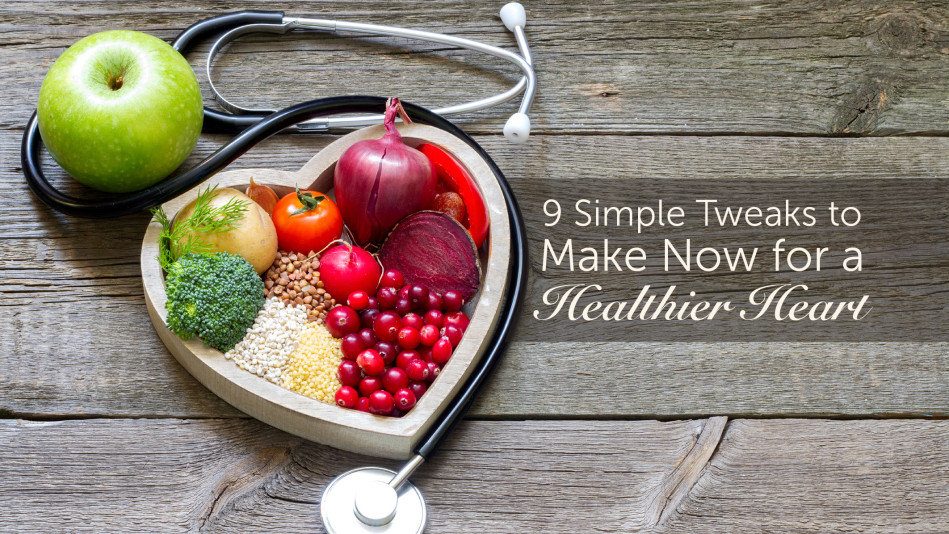
Photo: udra/iStock
A woman dies from cardiovascular disease approximately every minute in the U.S. That stat alone should be a powerful motivator to make the battle against heart disease personal. Yet often when I speak with my patients about modifying their risk factors, a telltale look appears on their faces. It says, I want to do this, but how can I possibly get from here to there? Changing lifelong habits and navigating the path to ideal heart health can seem overwhelming. The secret: Refocus your viewpoint from the future to the present. We're taught to dream big, but I tell women to think small. Success is the result of the many tiny—but important—steps you take each day. Think about it this way—each hour provides an opportunity to shift your choices. Over time, those changes can create incredible transformations. These tips will help you give your heart the love it deserves.
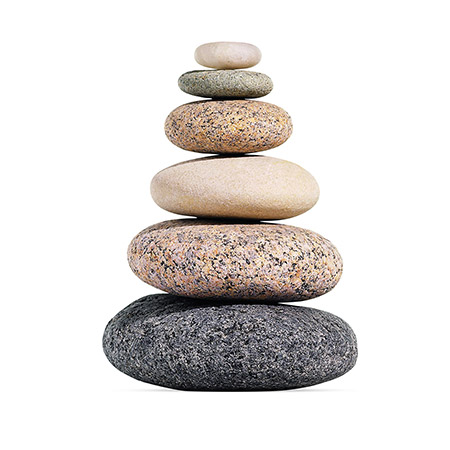
7 A.M. Rise and relax.
A short morning meditation is good for the soul. A report in the American Journal of Hypertension suggests that transcendental meditation can lower systolic blood pressure by nearly 5 points. Not impressed? Research shows that lowering systolic BP by just 3 points may reduce the risk of dying from heart disease by 5 percent.
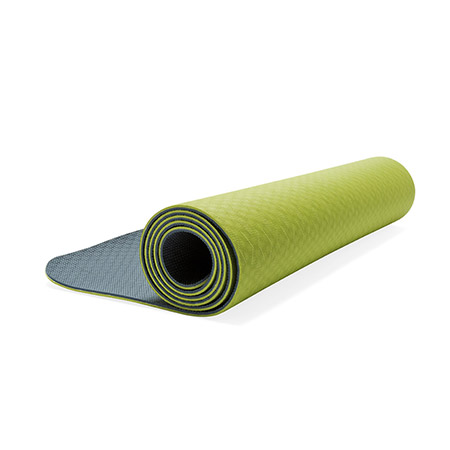
7:30 A.M. Go for a stretch.
Research indicates that yoga packs a powerful punch. A 2014 review that pooled the results of nearly 40 studies revealed that regular yoga practice may lower cholesterol levels by more than 18 points.

8 A.M. C your breakfast.
A 2015 study in the American Journal of Clinical Nutrition found that people who consume large amounts of fruits and veggies containing vitamin C, a potent antioxidant, have a 13 percent lower risk of developing heart disease. Sip OJ or blend a smoothie with C-rich ingredients like kale, papaya and strawberries.
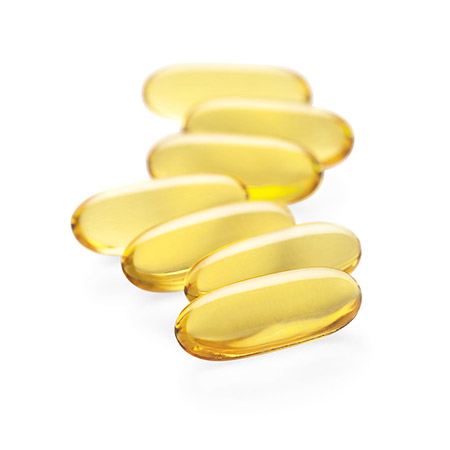
10 A.M. Do the D.
A growing number of studies have labeled vitamin D deficiency a potential risk factor for cardiovascular disease. While some experts say that most adults need at least 30 nanograms of D per milliliter of blood, researchers in Salt Lake City discovered that when it comes to heart health, you should be in the safe zone if your level is above 15. (Your doctor can do a simple test to find out your number.) To make sure you're getting enough, take a daily supplement.
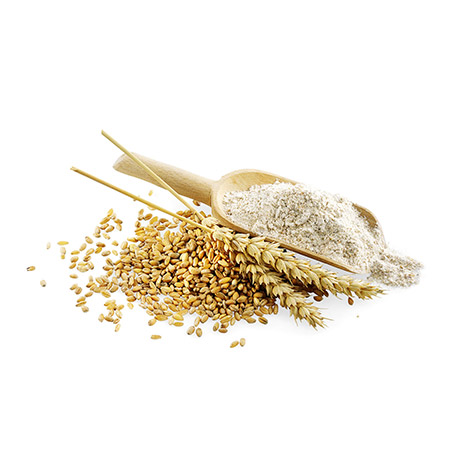
12 P.M. Load up on whole grains.
We don't have to tell you that giving up foods laden with saturated fat is good for your ticker, but what you eat in their place matters, too. Highly processed foods (like refined carbs) are no better. What is: unsaturated fats and whole grains, which have the most impact on reducing the risk of heart disease, according to a study in the Journal of the American College of Cardiology.
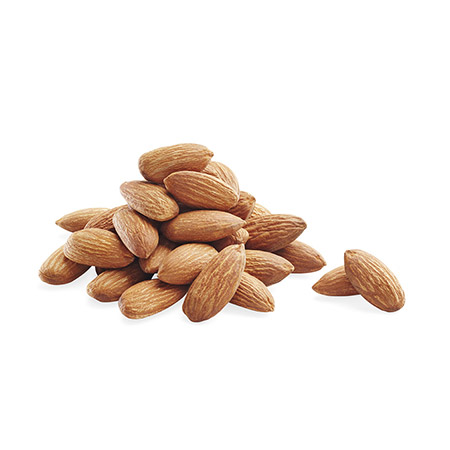
3 P.M. Reach for almonds.
Nutritionally, nuts can be a mixed bag, but almonds have consistently been all-stars. A recent study found that when subjects in two groups ate identical cholesterol-lowering diets, those also given almonds (one and a half ounces) as a daily snack lowered their bad (LDL) cholesterol by 5 points more in just six weeks.
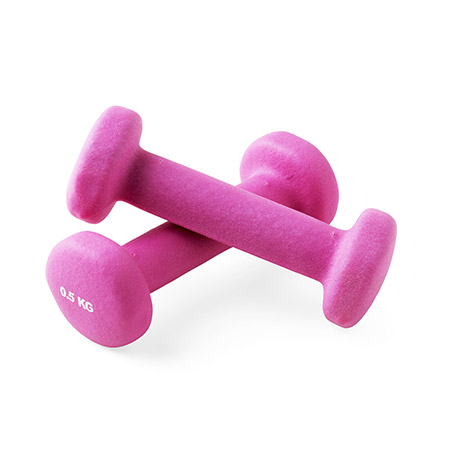
6 P.M. Work up a sweat.
A study in Circulation revealed that when women engaged in strenuous activities (enough to break a sweat or quicken their heartbeat) two or three times per week, they were about 20 percent less likely to develop heart disease, strokes or blood clots than those who didn't engage in regular physical activity. Take note: Gardening and walking counted just as much as cycling and running.

7 P.M. Go Mediterranean.
Adults who closely followed the Mediterranean diet were a whopping 47 percent less likely to develop heart disease over a ten-year period than those who didn't adhere to the meal plan, according to a 2015 report. A classic Mediterranean dinner: fatty fish (like salmon) cooked in olive oil and topped with veggies (the more colorful, the better), plus a glass of red wine.

11 P.M. Find your sleep sweet spot.
Adults who rested for five or fewer hours a night had 50 percent more calcium in their coronary arteries than those who clocked seven hours, according to a recent report. But the issue isn't just how much you sleep—it's also how well: People who slept poorly had about 20 percent more coronary calcium than those who said they woke up rested. Sweet dreams!

7 A.M. Rise and relax.
A short morning meditation is good for the soul. A report in the American Journal of Hypertension suggests that transcendental meditation can lower systolic blood pressure by nearly 5 points. Not impressed? Research shows that lowering systolic BP by just 3 points may reduce the risk of dying from heart disease by 5 percent.

7:30 A.M. Go for a stretch.
Research indicates that yoga packs a powerful punch. A 2014 review that pooled the results of nearly 40 studies revealed that regular yoga practice may lower cholesterol levels by more than 18 points.

8 A.M. C your breakfast.
A 2015 study in the American Journal of Clinical Nutrition found that people who consume large amounts of fruits and veggies containing vitamin C, a potent antioxidant, have a 13 percent lower risk of developing heart disease. Sip OJ or blend a smoothie with C-rich ingredients like kale, papaya and strawberries.

10 A.M. Do the D.
A growing number of studies have labeled vitamin D deficiency a potential risk factor for cardiovascular disease. While some experts say that most adults need at least 30 nanograms of D per milliliter of blood, researchers in Salt Lake City discovered that when it comes to heart health, you should be in the safe zone if your level is above 15. (Your doctor can do a simple test to find out your number.) To make sure you're getting enough, take a daily supplement.

12 P.M. Load up on whole grains.
We don't have to tell you that giving up foods laden with saturated fat is good for your ticker, but what you eat in their place matters, too. Highly processed foods (like refined carbs) are no better. What is: unsaturated fats and whole grains, which have the most impact on reducing the risk of heart disease, according to a study in the Journal of the American College of Cardiology.

3 P.M. Reach for almonds.
Nutritionally, nuts can be a mixed bag, but almonds have consistently been all-stars. A recent study found that when subjects in two groups ate identical cholesterol-lowering diets, those also given almonds (one and a half ounces) as a daily snack lowered their bad (LDL) cholesterol by 5 points more in just six weeks.

6 P.M. Work up a sweat.
A study in Circulation revealed that when women engaged in strenuous activities (enough to break a sweat or quicken their heartbeat) two or three times per week, they were about 20 percent less likely to develop heart disease, strokes or blood clots than those who didn't engage in regular physical activity. Take note: Gardening and walking counted just as much as cycling and running.

7 P.M. Go Mediterranean.
Adults who closely followed the Mediterranean diet were a whopping 47 percent less likely to develop heart disease over a ten-year period than those who didn't adhere to the meal plan, according to a 2015 report. A classic Mediterranean dinner: fatty fish (like salmon) cooked in olive oil and topped with veggies (the more colorful, the better), plus a glass of red wine.

11 P.M. Find your sleep sweet spot.
Adults who rested for five or fewer hours a night had 50 percent more calcium in their coronary arteries than those who clocked seven hours, according to a recent report. But the issue isn't just how much you sleep—it's also how well: People who slept poorly had about 20 percent more coronary calcium than those who said they woke up rested. Sweet dreams!



